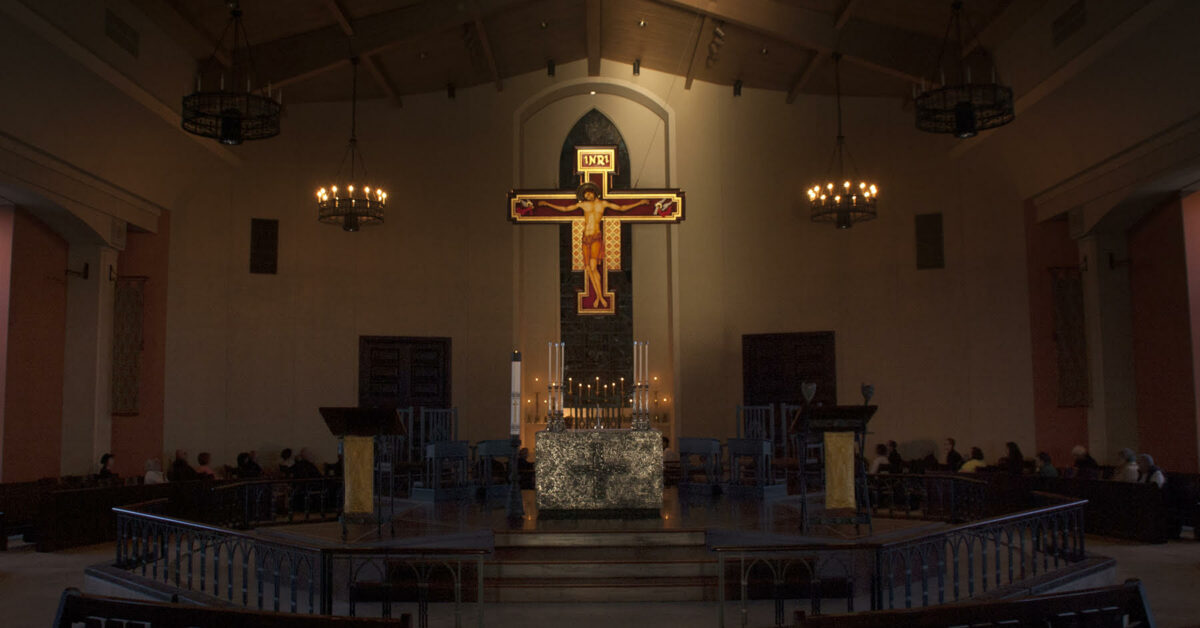Seek the Living God
Shortly after I started work on my masters in liturgical studies at St. John’s University, Collegeville, Minnesota, Father Godfrey Diekmann, who had served as a Peritus (theological adviser) at the Second Vatican Council, spoke at a School of Theology convocation. I remember vividly this statement: “At Vatican II we rediscovered Christ”—words that warmed my heart and convinced me that I had come to study in the right place. While Father Diekmann’s words resonated with my Lutheran mind and heart, there are still times when some Roman Catholic language feels foreign and a bit off key. Those steeped in the Lutheran tradition may feel the same about some of the language in Nick Wagner’s Seek the Living God, subtitled “Five RCIA Inquiry Questions for Making Disciples” (Liturgical Press, 2017; 124 pp.). Nevertheless, Wagner’s book contains wisdom that crosses denominational divides. Take, for example, the section titled “How to evangelize like a Catholic,” which is full of practical advice for devout Christian laity of any background living and working in the world. He introduces these tips with this wisdom: “there are some simple, gentle ways we can put words to our ‘wordless witness’” that can draw people “into a personal relationship with Jesus” (18).
A layman with three decades of experience in education and RCIA catechesis, Wagner advocates for contract learning, adapted for adult faith formation. Perhaps of greatest value in the book are the five questions that he recommends to shape individual conversations with inquirers. In each of five chapters he names the question, offers various ways of stating the question, and discusses the goal for each conversation. Each question begins “Regarding your habits, knowledge, memories, and attitudes about God, …
Where have you been?”
Where are you now?”
Where do you want to get to?”
How are you going to get to were you want to go?”
How will you know you have arrived?”
Lutherans will want to dig deeper into each chapter to find a restatement of the question that emphasizes the longing of the inquirer rather than the person’s agency to effect the desired change. For example, his first restatement of question three, “Where do you want to get to?” is “What do you most hope for in your relationship with God?” Such a question invites inquirers to talk openly about hopes, fears, and obstacles they have faced in life. Wagner stresses the importance of listening carefully to each individual’s needs and desires while not necessarily agreeing with all that they say.
In his conclusion Wagner says, “My hope is that in writing this book, I’ve caused you to imagine a new future” (93) for your congregation’s adult catechumenate. We hope that congregations and their pastors can re-imagine the “new members class” as an adult faith formation process that begins by building one-on-one relationships with inquirers; Nick Wagner’s book could be a useful resource in that re-imagining process. Through the power of the Holy Spirit and by carefully listening to the stories of inquirers, we can do what Godfrey Diekmann said of Vatican II; we can help people discover Christ.
